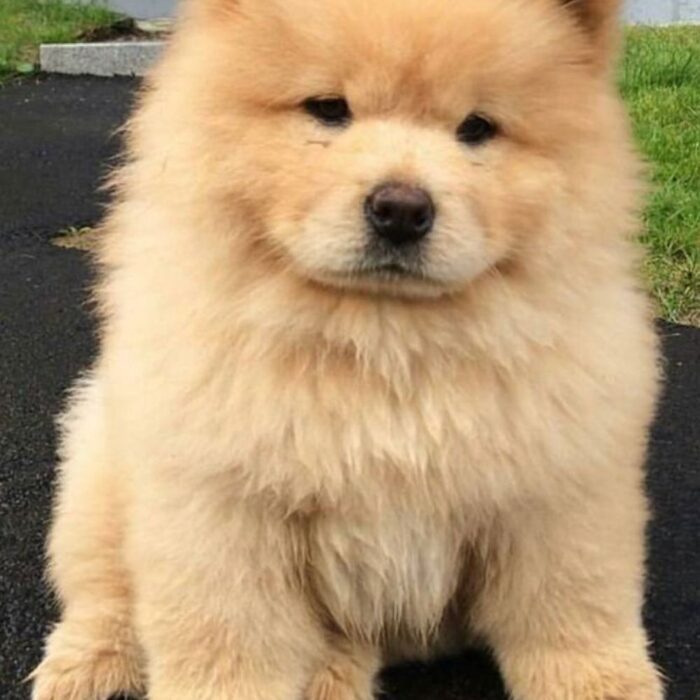Goldendoodle Puppies
“Chow Chows are best suited for experienced dog owners who understand their unique temperament.”

Pomapoo

Chow Chow
Goldendoodle Puppies
Personality and Temperament
- Affectionate and Friendly: They are known for their loving nature and are good with children and other pets.
- Intelligent and Trainable: Due to their Poodle heritage, they are highly intelligent and can be trained easily. This makes them ideal for first-time dog owners.
- Energetic: They require daily exercise to stay healthy and happy. Long walks, play sessions, and activities like agility training are great ways to keep them active.
- Weight & height
Standard Bernedoodles: Larger, typically between 50-90 pounds.{23-29 inches}
Mini Bernedoodles: Smaller, ranging from 25-50 pounds.{18-22 inches}
Tiny Bernedoodles: Even smaller, usually 10-24 pounds.{12-17 inches}
- Colors: tri-color (black, white, and brown), bi-color, and solid black or brown
- Lifespan: 12–15 years
- Origin: North America in the late 20th century


Care and Maintenance
- Common Health Concerns: While generally healthy, they can be prone to genetic issues like hip dysplasia, elbow dysplasia, and certain heart conditions. Regular vet checkups and a balanced diet help mitigate health risks.
- Grooming Needs: The coat type (curly or wavy) affects their grooming needs. Regular brushing is essential to prevent matting, and some may need professional grooming every few months.
Suitable for Families and Living Situations
- Early Training: Begin training at a young age to establish good behavior patterns.
- Socialization: Introducing them to different people, environments, and other animals is important for developing a well-rounded dog.
- Popular in Families: Their gentle nature, intelligence, and loyalty make them popular choices for families, especially those with children.


Dog's Diet
Feeding a Miniature Poodle involves understanding their nutritional needs based on their size, activity level, and age. Here’s a detailed guide to ensure your Miniature Poodle stays healthy and happy:

Feeding Schedule
- Puppies: Bernedoodle puppies need nutrient-rich food to support growth. They should be fed puppy-specific food that contains higher protein and fat content.
- Adults: Adult Bernedoodles should be fed a balanced diet with moderate protein, fat, and fiber. They may need fewer calories per pound compared to puppies but still require a diet rich in essential nutrients.
- Seniors: Older dogs may benefit from a diet that supports joint health, such as foods enriched with omega-3 fatty acids and glucosamine. Reduced calorie intake is often necessary to prevent obesity.
